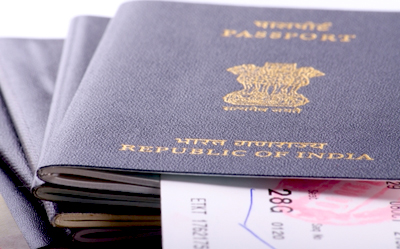Dubai, Apr 13: The UAE Ministry of Health and Prevention (MoHAP) on Monday announced 172 new recoveries in the country, taking the total recoveries to 852 cases.
"With today's 172 cases, the total number of fully recovered Covid-19 patients has become 852, while three residents of different nationalities were declared dead, taking the total number of deaths to 25," Dr Farida Al Hosani, spokeswoman for the ministry, said.
"We have also carried out up to 23,380 new tests on Monday all over the country."
Also read: UAE residency, visit visas valid until end-2020
Dr Hosani said His Highness Sheikh Mohamed bin Zayed Al Nahyan, Crown Prince of Abu Dhabi and Deputy Supreme Commander of the UAE Armed Forces, has launched the national home-based testing programme for determined people, be they nationals or residents.
"The program, targeting this important segment of the society who have difficulty doing tests outdoors, is part of the national drive-through testing national program."
Addressing some baseless rumours that are viral on social media, Dr Al Hosani confirmed that no one can fix a date for the peak of infected cases.
"So many studies have affirmed that physical distancing is so critical in reducing not only the number of Cobid-19 new cases but also the infection curve."
Dr Al Hosani advised the public to wear gloves whenever they go out. "However, do not touch your personal stuff when wearing gloves, particularly when using your phone, and safely dispose of them."
It is still so critical to clean your hands with water and soap on a regular basis, she underlined. "Cleaning and washing our hands are much better and safer than wearing gloves."
Wearing one-time disposable surgical gloves is highly advisable, she said. "If not available, hand-made cloth masks can be used but need to be cleaned regularly with water and soap."
Masks should be worn properly covering the nose, mouth and the chin, she pointed out. "Do not touch the internal or external parts of the face masks, while the blue colour side must be always outward."
Priority in drive-through tests are given for those with respiratory issues, senior people, and pregnant women, she said in answer to a question raised by media people.
"If you are developing no Covid-19 infection symptoms and just wish to make sure you are sound, you need to book an appointment, be aware that it will cost you Dh370."
"If developing minor symptoms, the public is urged to stay home and call any of these toll-free numbers for help: (800011111), (8001717), (800342)."






Comments
No comments
Add new comment